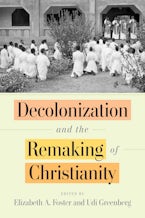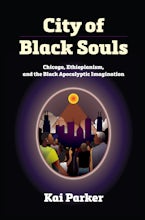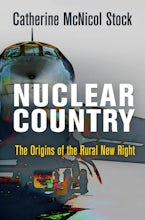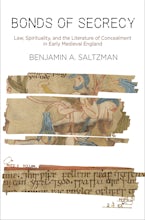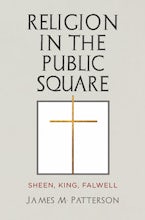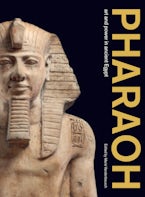In the decades following the era of decolonization, global Christianity experienced a seismic shift. While Catholicism and Protestantism have declined in their historic European strongholds, they have sustained explosive growth in Asia, Latin America, and Africa. This demographic change has established Christians from the Global South as an increasingly dominant presence in modern Christian thought, culture, and politics.
Decolonization and the Remaking of Christianity unearths the roots of this development, charting the metamorphosis of Christian practice and institutions across five continents throughout the pivotal years of decolonization. The essays in this collection illustrate the diverse new ideas, rituals, and organizations created in the wake of Western imperialism’s formal collapse and investigate how religious leaders, politicians, theologians, and lay people debated and shaped a new Christianity for a postcolonial world.
Contributors argue that the collapse of colonialism and broader cultural challenges to Western power fostered new organizations, theologies, and political engagements across the world, ultimately setting Christianity on its current trajectory away from its colonial heritage. These essays interrogate decolonization’s varied and conflicting impacts on global Christianity, while also providing a novel framework for rethinking decolonization’s modern legacies. Taken together, this book charts the relationship between decolonization and Christianity on a truly global scale.
Contributors: Joel Cabrita, Darcie Fontaine, Elizabeth A. Foster, Udi Greenberg, David Kirkpatrick, Eric Morier-Genoud, Phi-Vân Nguyen, Justin Reynolds, Sarah Shortall, Lydia Walker, Charlotte Walker-Said, Albert Wu, Gene Zubovich.

